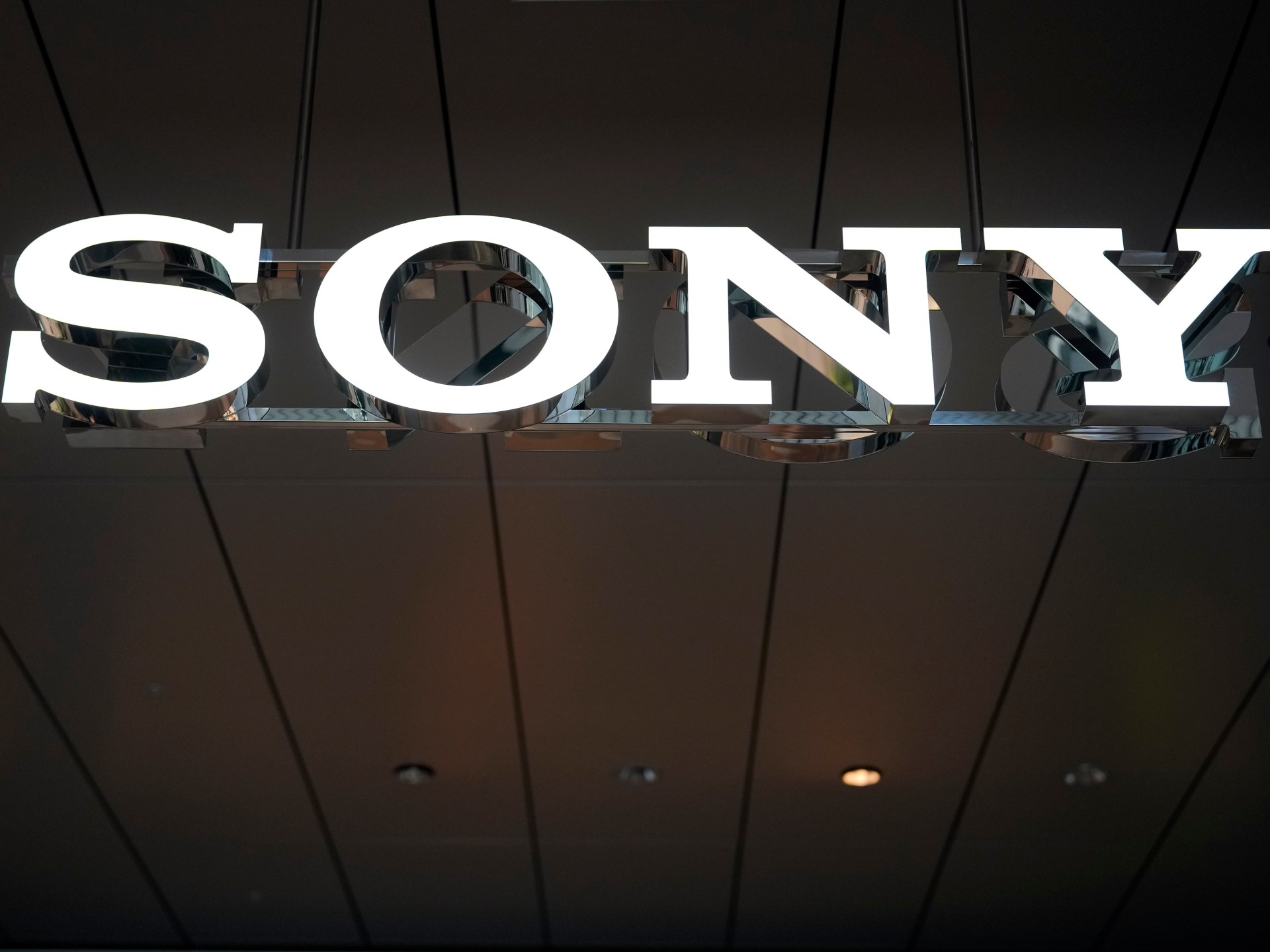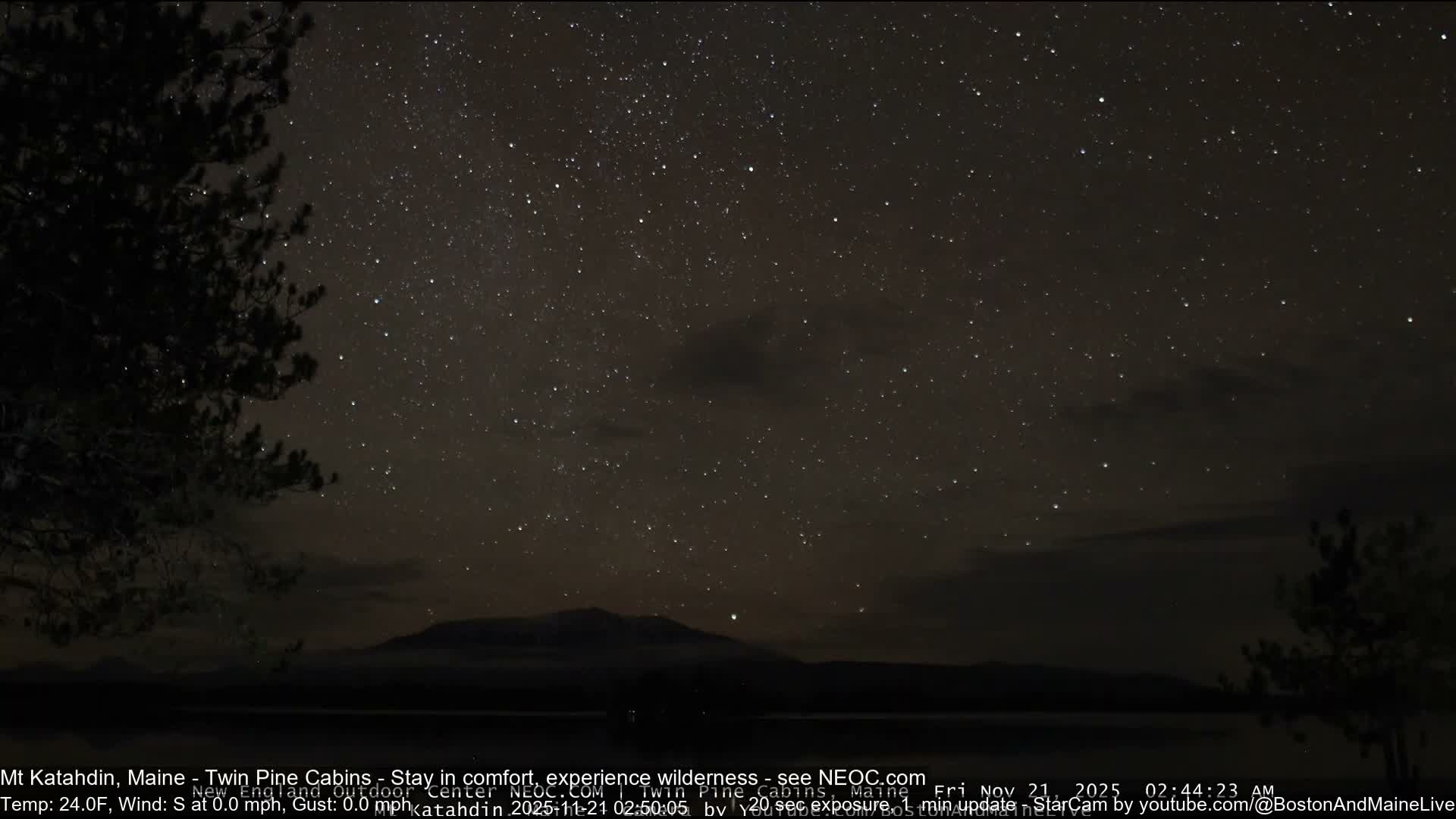Major Music Labels Partner with AI Startup Klay for Licensed Music Creation
 United States
Music Technology
United States
Music Technology

Sony, Warner, and Universal Music Group strike AI licensing deals with startup Klay Vision and others. This marks a shift toward licensed AI music generation, e
Music Industry Giants Embrace AI: Sony, Warner, Universal Ink Landmark Licensing Deals with Klay Vision
The global music industry's biggest players — Sony Music Entertainment, Warner Music Group, and Universal Music Group — have announced separate licensing agreements with the relatively unknown artificial intelligence startup, Klay Vision. These landmark deals signal a significant evolution in how the music business is integrating AI technology, moving from contentious legal battles to collaborative partnerships.
Historically, major labels have expressed strong opposition to AI song generation tools, often accusing them of illicitly using artists' recorded works without proper remuneration. However, this new wave of agreements, spearheaded by Klay, suggests a pivot towards a licensed and compensated framework for AI-driven music experiences.
Klay Vision's Role in a Licensed AI Future
Klay Vision, based in Los Angeles, has been actively developing a "large music model" trained exclusively on ethically licensed music. The company aims to leverage AI to "further evolve music experiences for fans," while stringently upholding the rights of artists, songwriters, and other rights holders. While specific financial details remain undisclosed, the core principle is to ensure fair compensation and credit when AI tools utilize existing musical works.
From Litigation to Collaboration: Broader AI Partnerships
These agreements with Klay follow swiftly on the heels of other significant AI partnerships. Warner Music Group, just a day prior, also disclosed deals with AI startups Udio and Stability AI. Notably, Warner had previously filed copyright infringement lawsuits against Udio (alongside Universal and Sony), alleging unauthorized use of copyrighted material. However, those disputes now appear to be transitioning into collaboration.
Warner and Udio have resolved their litigation and are now collaborating on a licensed AI music creation service. Slated for a 2026 launch, this service will empower users to remix tracks by established artists, promising new revenue streams for creators while safeguarding their work. Similarly, Universal Music Group inked a deal with Udio last month. Under these new frameworks, artists and songwriters will be credited and paid when their works are used for remixes, covers, or new compositions involving their voices and melodies. Udio has committed to operating as a "closed-system" for its forthcoming service, meaning it will only use licensed content.
Furthermore, Warner's partnership with Stability AI focuses on developing "professional-grade tools" designed for musicians, songwriters, and producers, indicating a broader adoption of AI across the creative workflow.
The Impact of AI on the Music Landscape
The rise of AI-generated music has been dramatic, with chatbot-like tools enabling anyone to create new tunes from simple prompts. This boom has even seen synthetic artists and bands achieve chart success and millions of streams. These new licensing deals represent the industry's attempt to channel this disruptive technology into a legitimate, revenue-generating avenue that respects intellectual property.
On Wall Street, news of these developments saw minor dips in stock prices for Sony (-2.3%), Warner Music Group (-2%), and Universal Music Group (-0.3%) in midday trading, perhaps reflecting investor caution or a typical market reaction to evolving industry models. Nevertheless, these deals mark a pivotal moment, setting a precedent for how AI can ethically integrate into the creative and commercial aspects of the global music scene.





